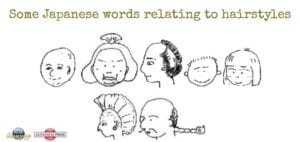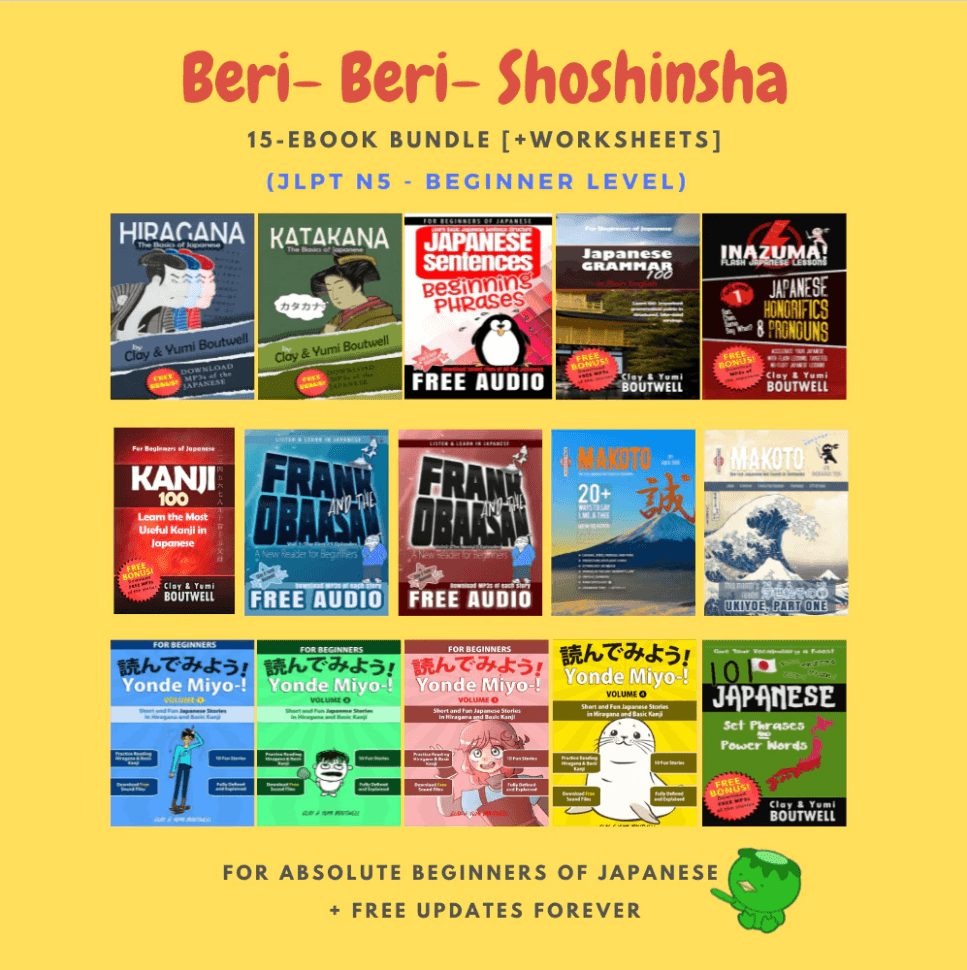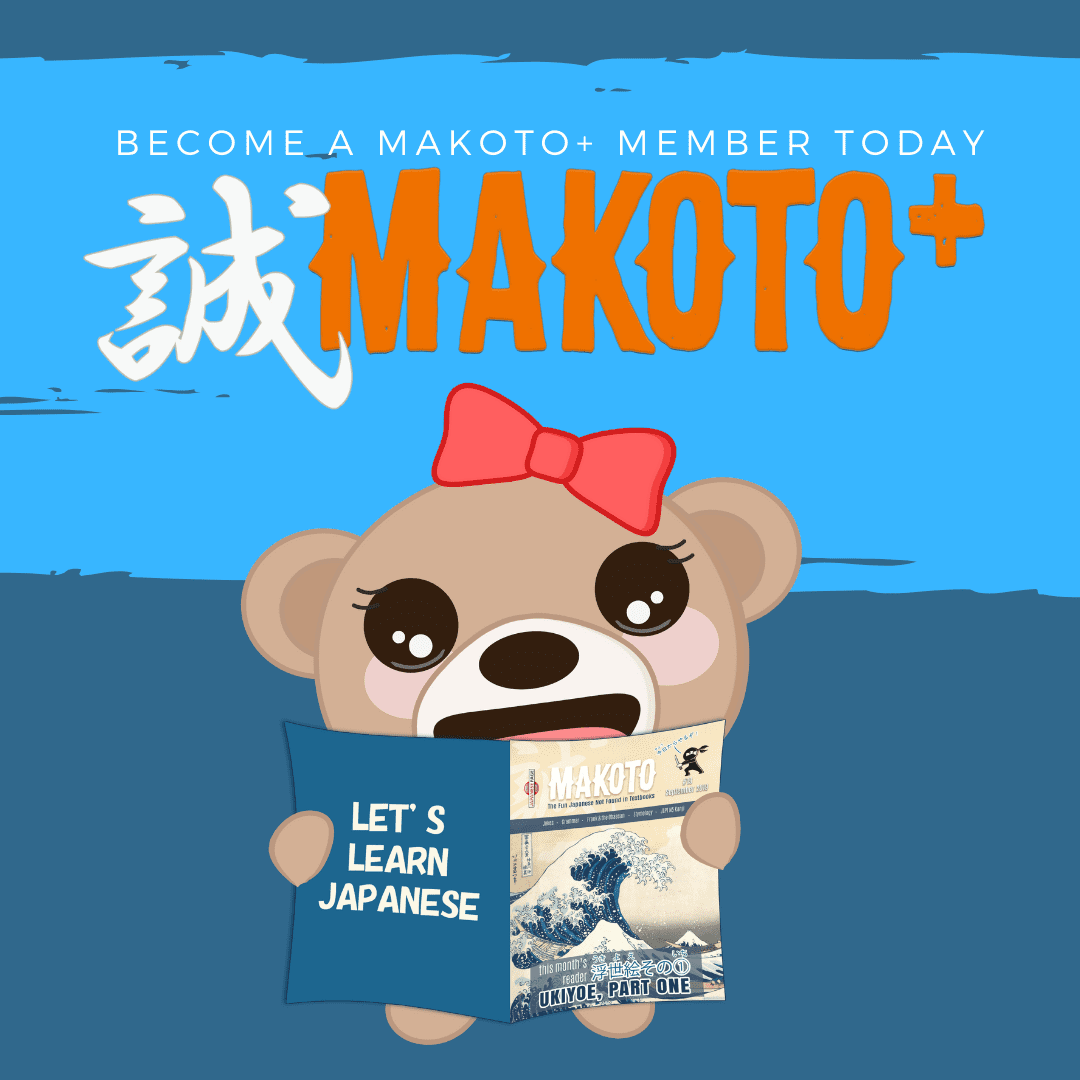Hair styles are closely linked to Japanese Culture. When donning a kimono, spending enormous amounts of money on fixing the hair is not unheard of. In Sumo, the wrestler’s hairstyle expresses his ranking. Let’s take a look at some words relating to hairstyles.












